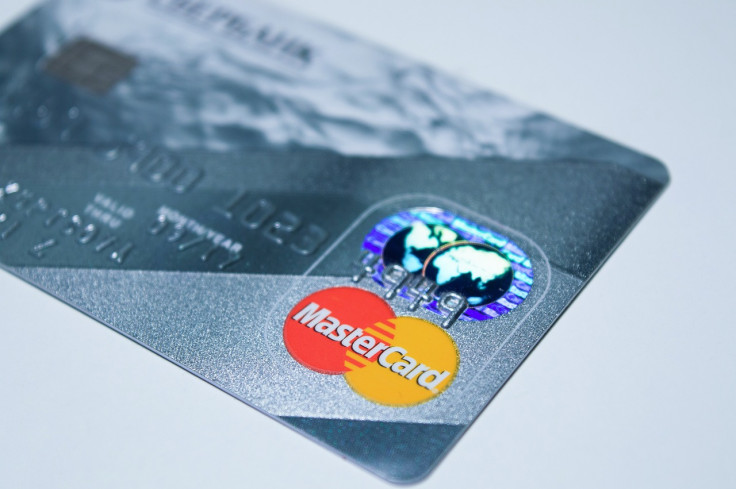
Your first credit card is a significant step towards financial independence. While it's relatively easy to obtain one with a job, it's crucial to understand that it's equally easy to accumulate debt rapidly. However, by using your credit card wisely, such as maintaining a low credit utilization and making timely repayments, you can actively build a good credit score.
This not only helps you secure bigger loans like a mortgage on more favourable terms later in life but also empowers you to make informed financial decisions.
It's important to note that credit cards often carry high-interest rates. If you only make the minimum monthly repayments, you could find yourself paying significantly more than your initial borrowing.
This can lead to a cycle of debt that's difficult to break. Additionally, missing credit card payments can have a detrimental effect on your credit score, potentially branding you as a high-risk borrower in the eyes of lenders.
Despite the potential pitfalls, credit cards can also be a powerful financial tool. They often come with a range of cash back features and rebates, which can significantly boost your purchasing power.
However, it's important to be mindful of the various fees associated with credit cards, such as annual fees, late payment fees, and ATM and forex charges. By understanding these potential costs, you can make the most of your credit card benefits while avoiding unnecessary expenses.
While it's true that UK banks generally require applicants to be over 18, salaried, and have a good credit score, it's not impossible for first-time applicants with no credit history to secure a credit card. In fact, many banks offer specific credit cards tailored for first-time users.
These cards often come with low fees, provision for interest-free purchases, low-interest rates, sufficient credit limits, and decent interest rates. This means that even if you're just starting your credit journey, there are options available to you.
Sainsbury's Bank Everyday Credit Card
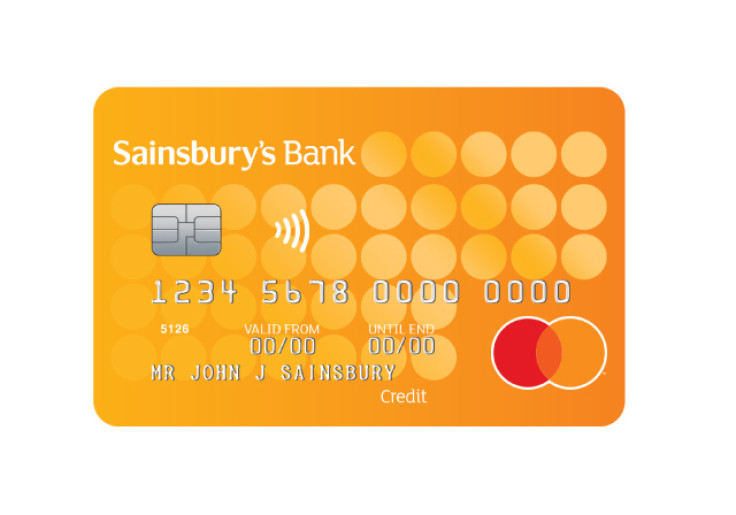
Annual Fees: £0
APR: 29.4%
Maximum Credit Limit: Up to £2,000 initially
This credit card rewards you with Nectar points on purchases you can redeem while dining out or for a discount on your next purchase. You may also shop using these points directly on the Nectar website.
You also get up to 56 days of interest-free purchase period if you promptly repay the outstanding balances on your previous and current statements. The minimum monthly amount is 2.25% of the balance or £5, whichever is greater. A 3% fee applies if you withdraw cash, while overseas transactions attract a 2.75% fee.
You start with an initial credit limit of up to £2,000, which can increase later, subject to your financial circumstances and repayment history with the lender. Tracking and making payments while fetching the latest statements become seamless via the app. Stay on top of your spending, repayments, and costs anytime, anywhere.
Pros:
- Set up text alerts for transactions and future payments
- Potential reduction of APR if you make timely repayments
- Link with Google Pay or Apply Pay and make payments on the app
Cons:
- The credit limit could drop down to £1,000 for first-time users
- A flat £12 fee for late payments, returned fee, and for going over the credit limit
- A steep 4% fee or £4, whichever is greater, for money transfers to your current account
Barclaycard Forward Credit Card
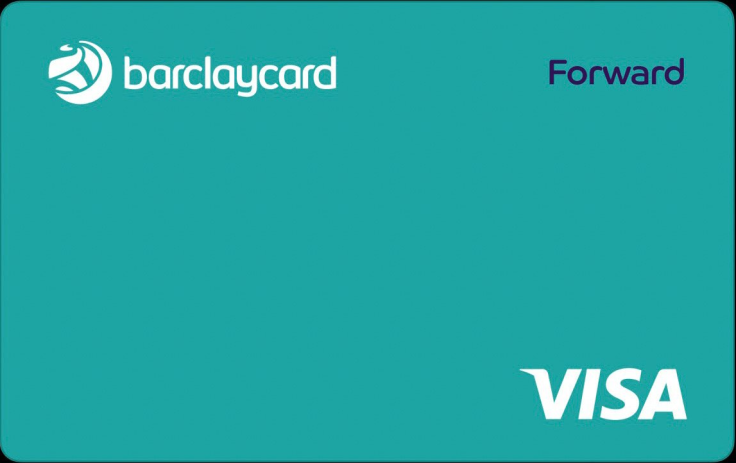
Annual Fees: £0
APR: 33.9%
Maximum Credit Limit: £1,200
The Barclaycard Foward card offers the best interest-rate reduction plans as an introductory offer. If you make timely monthly minimum payments in the first year, your interest rate is slashed by 3%. Continuing the same in the second year will earn you a further 2% reduction.
Lower rates and fees make this credit card well-suited for those who want to build a credit profile and are on a tight budget. However, there's a 2.99% cash transaction fee, and the monthly minimum is fixed at 4.25% of outstanding or £5, whichever is greater.
Checking if you qualify through their built-in tool also helps you avoid any impact on your credit score. Ensure you haven't filed for bankruptcy recently or have more than one CCJ in the past six years.
Pros:
- Reduction in interest rates if you make timely repayments
- No fees for returned payments and for going over the limit
- No fees for requesting copies of statements or transactions
Cons:
- There is no clarity on rewards or points
- Minimum annual income of £3,000
- Credit limits can be very low for users with no credit history
Capital One Classic Credit Card
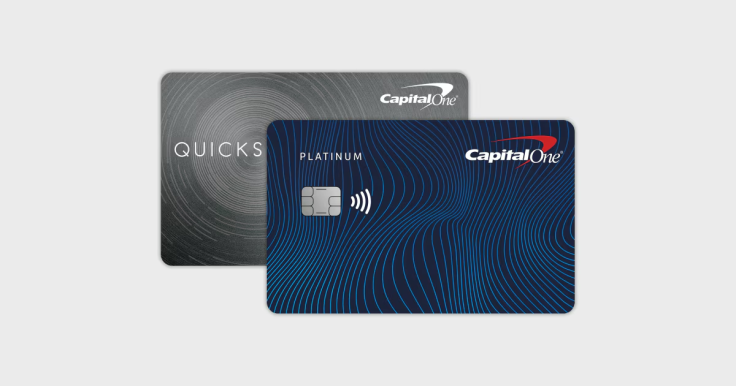
Annual Fees: £0
Annual Percentage Rate (APR): 34.94%
Maximum Credit Limit: Initially £1,500
Over four million people have benefitted from this credit card. This is best if you want to build a credit history from scratch or repair a poor credit score.
You can apply if you are a UK resident, above 18, and even if you had past county court judgments (CCJ). These are complaints where the court orders you to pay money to someone you owe. Your applications can, however, be rejected if you have declared bankruptcy in the past 12 months.
The first benefit is up to 56 days of interest-free period on eligible purchases. That means you pay no interest on a purchase if you repay balances in full within the billing cycle. The monthly minimum repayment is £5 or 3% of your outstanding balance, whichever is greater. There's also a flat 3% fee on cash withdrawals and a 2.75% fee for overseas transactions.
Pros:
- Interest-free periods allow you to avoid interest payments
- In-built eligibility checker that doesn't impact your credit score
- Option to increase credit limit every year based on how you manage card spending
Cons:
- Minimum annual income requirement
- Flat £12 for late payments or going over the credit limit
- Additional currency conversion fees on foreign transactions
Tesco Foundation Credit Card
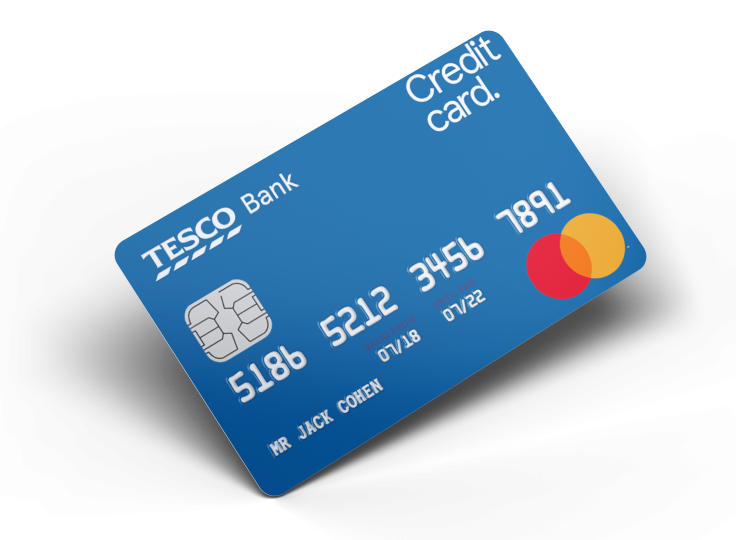
Annual Fees: £0
APR: 29.9%
Maximum Credit Limit: Up to £1,500
With APRs under 30%, the Foundation card is a great way to build your credit score and earn rewards like Clubcard points on Tesco purchases. They also aim to educate cardholders on how to use and benefit from their credit cards through their quick-fire guide. Meanwhile, you can manage all card-related functions directly from their banking app.
Their introductory offer includes free access to CreditView, powered by TransUnion, for three years as a bonus. This service lets you track your updated credit score and profile with monthly updates.
However, the monthly minimum payment is £25, which is higher than most. When spending overseas, a 2.75% forex fee also applies. You must be 18 and above and a UK resident to be eligible.
Pros:
- Trove of resources and guides for users
- Potential credit limit increase for making timely repayments
- Free credit score updates and insights through partnership with TransUnion
Cons:
- Fees could be on the higher-end
- Minimum annual income of £5,000
- Relatively stringent eligibility criteria
HSBC Student Credit Card

Annual Fee: £0
APR: 18.9%
Maximum Credit Limit: £500
This credit card is for recent graduates. With low interest rates and no annual fees, you can apply for it and benefit from interest-free purchase periods and purchase protections.
This HSBC credit card can be used with a digital wallet and anywhere supported by Visa and Mastercard networks. However, overseas fees and cash advances incur a 2.99% fee.
HSBC's mobile banking app allows you to track statements, make payments, and freeze cards with just a few clicks. The monthly minimum amount is fixed at 2.5% of the balance or £5, whichever is greater. Like most lenders, you must reside in the UK and be above 18 to qualify for this card.
Pros:
- One of the lowest APRs
- 24/7 Worldwide assistance for lost cards
- Credit card purchases of up to £30,000 may be protected if the supplier breaches a contract or misrepresents goods.
Cons:
- Low credit limit
- You must create or hold an HSBC student bank account
- A flat £12 fee for going over the limit and making late payments
What Happens When You Apply For A Credit Card?
You usually need details like your name, age, address, nationality, bank statements, and debt history to apply for a credit card.
Once you submit a credit card application, the lender fetches your credit score and profile from leading credit bureaus via a hard inquiry to determine your eligibility. This inquiry will stay in your report for years, so avoid applying frequently.
Some lenders offer instant decisions, while others only tell you if you are eligible. Nowadays, most lenders provide eligibility checkers that only lead to a "soft pull" on your credit profile without any negative impact.
How Can I Improve My Chances of Securing My First Credit Card in the UK?
Getting approved for a card with the best rewards and rebates at lower rates can be difficult for those applying for the first time. Here are some steps you can take to increase your odds:
- Get a job if you are unemployed. Even a part-time gig that pays regularly can help instil confidence in lenders that you can repay on time.
- Start with a credit builder card to boost your credit profile and pay for daily expenses. These cards come with lower credit limits and are generally easier to secure.
- Get your name on the electoral roll for proof of a valid address. Also, stay current on bills and clear any pending CCJs or other litigations.
- Open a current account and set up direct debits or grow your cash reserves to significantly improve your chances of securing a UK credit card.
Top 3 Factors Affecting Credit Score
A poor credit score can affect your chances of securing a job, auto or personal loans, and even mortgages. Even if approved, the rate and repayment terms might not suit your monthly budget. Here are three factors that impact your credit score the most:
Time Repayments
Your lender reports a missed credit card payment to the credit bureaus. This leads to a fall in your credit score, and the record stays on your report for years. Future lenders can leverage it to increase your rates or even deny you a loan.
Credit Utilization
It is the percentage of your credit limit that you have used. Keep it within 30% since any higher could indicate to lenders that you cannot manage finances efficiently.
Credit Mix
Efficiently managing multiple credit products like a mortgage, credit card, or personal loans can improve your credit score considerably. However, too many loans naturally increase your financial burden.







